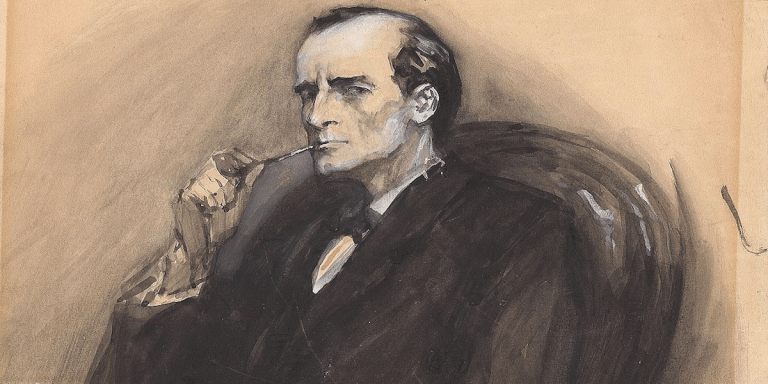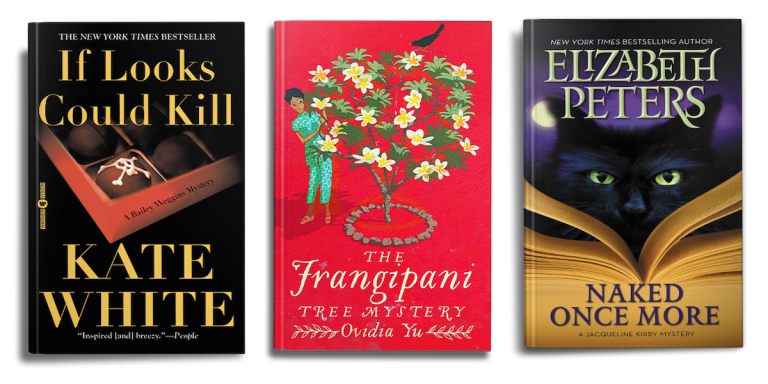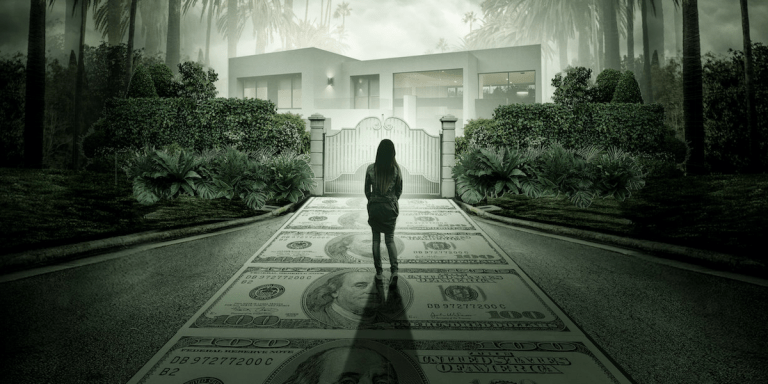Hardboiled vs Classic Detective Fiction
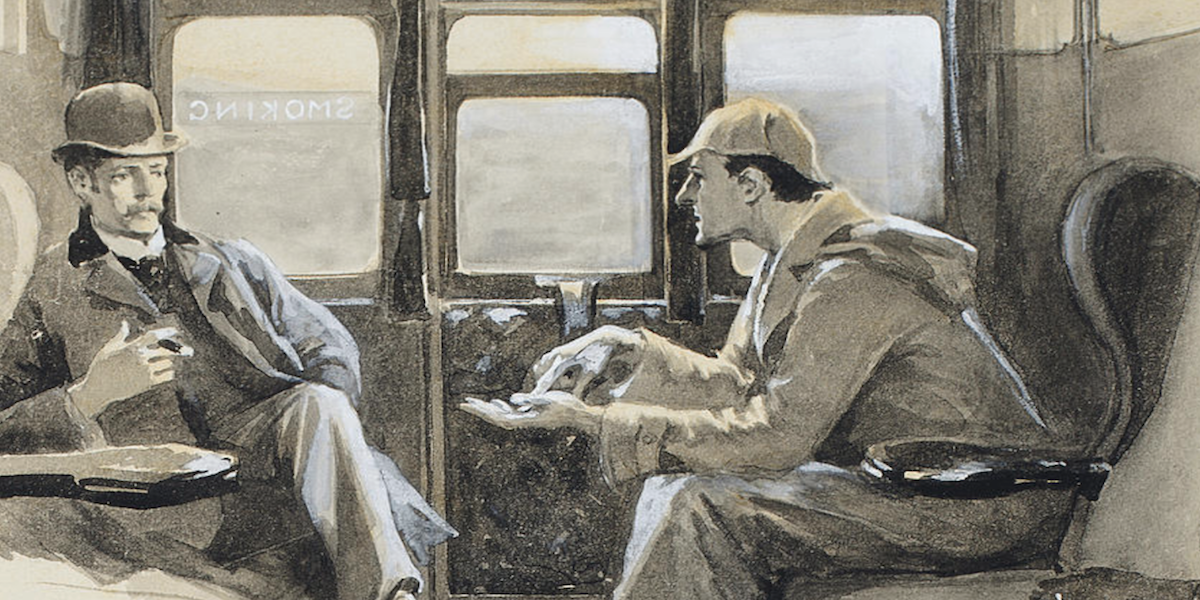
If you’re here, there’s probably one thing we can agree on: we love mystery novels and detective stories. Classic detective fiction is where it all started, and from there, other types of mystery suspense stories rose to popularity. One of the most popular types of detective fiction? Hardboiled detective fiction. In a lot of ways, the hardboiled detective was born as a direct response and counterpoint to the classic detective. But how do we define these genres? What makes them different from one another, and how are they similar?
Hardboiled and classic Detective Fiction have some elements that are similar. These are the moving parts of the story that mystery lovers of all kinds have grown to appreciate: a detective, a criminal, a victim. Detective stories all focus on something chaotic and unexpected happening, and then a detective steps in and has to figure out what happened.
One of the major differences between the two genres is the detectives themselves. The detective in classic detective fiction is extremely capable and good at his job. The reader has confidence that no matter what, this detective will be able to piece together the clues and solve the crime at the end of the story. While the detective in classic detective fiction might have quirks, he or she is not deeply flawed. In a lot of ways, these detectives seem superhumanly good at what they do. These detectives are always in control, and if they ever seem out of control, it’s usually an illusion.
Some of the most popular detective characters in the classic detective genre are Sherlock Holmes in Sir Arthur Conan Doyle’s Sherlock Holmes stories; Miss Marple in Agatha Christie’s Miss Marple novels, such as Murder at the Vicarage; and Sergeant Cuff in Wilkie Collins’s The Moonstone.
In contrast, the Hardboiled Detective is less of a controlled investigator. These detectives are usually emotionally involved in the crime they’re investigating in some way. This makes it harder for them to remain cool and in control throughout the course of the story because the stakes are higher for them. Hardboiled detectives are also deeply flawed characters, and hardboiled detective stories are often studies of the detective’s character, his morality, and his flaws just as much as it is about the mystery itself.
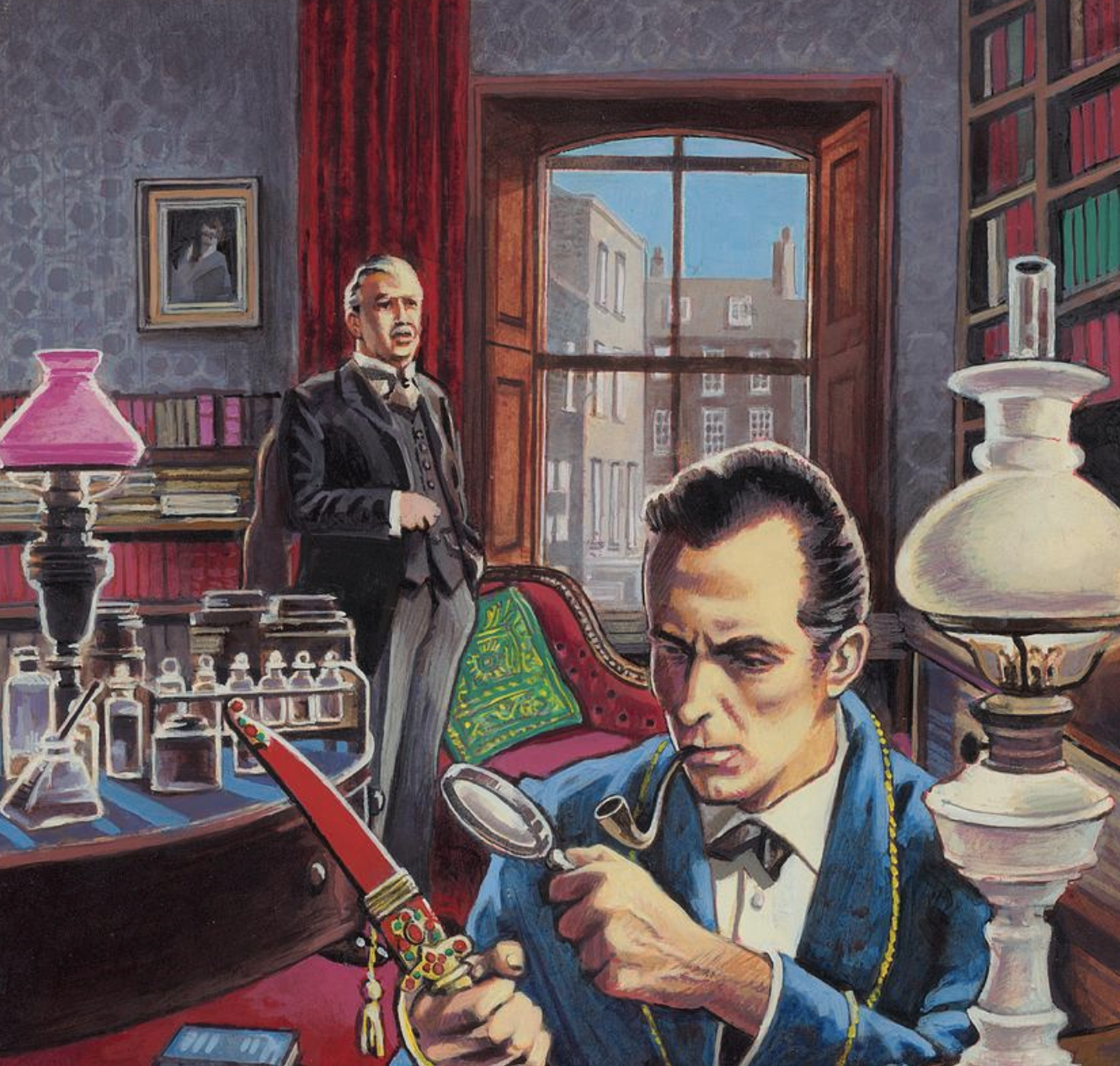
Some examples of hardboiled detectives are Easy Rawlins in Walter Mosley’s Devil in a Blue Dress; Philip Marlowe from Raymond Chandler’s The Big Sleep; and Sam Spade in Dashiell Hammett’s The Maltese Falcon.
Another big difference between a classic detective story and the hardboiled detective story is the setting. The setting of classical detective fiction is often closed off from the world at large so that the focus can remain on the mystery itself. If the story is taking place in a city, it’s usually in a locked room or house of some kind. Often, these stories take place in secluded locations or country homes. For instance, take Agatha Christie’s Murder on the Orient Express, a mystery that happens almost completely within the confines of a train. Again, think back to the idea of control. Agatha Christie’s detective Hercule Poirot has more control over the investigation and its conclusion because everyone and everything he needs to solve the case are on the train.
In direct opposition to the usual setting of classic detective fiction, hardboiled detective fiction is almost always set in the city. The harsh realities of city life aren’t just a backdrop for hardboiled detective fiction. These realities bleed into the case, often becoming a major part of the story. Classic detective fiction loves its closed-off settings because this allows for a clean ending and resolution. With hardboiled detective fiction, even after the crime is solved, you can’t escape the corrupt world in which the crime was allowed to take place in the first place.
A good example of setting playing a major role in hardboiled detective fiction is Mosley’s Devil in a Blue Dress. Set in Los Angeles in the 1940s after World War II, the novel uses Easy Rawlins’ crime investigation through jazz clubs in the city as a jumping off point to examine issues of racism, classism, and violence in the city. The crime investigation plot becomes a vehicle for exploring bigger issues of corruption that can’t just be solved away by the end of the story.
And speaking of the plot, classic detective fiction also moves in a way that will feel familiar to fans of mystery novels. It starts with a crime, and then the detective comes in to explore the clues, interview suspects and retrace the details of the crime. The story culminates with the detective announcing the answer to the mystery puzzle and explaining to an audience of some kind how he came to his conclusion.
For hardboiled detective fiction, the formula is a little less predictable, and the climax is rarely just about the detective explaining the crime. More likely, a hardboiled detective story will climax with a big action sequence that is often violent. As with the chaotic city setting, the hardboiled detective novel’s violent climax isn’t about order and pulling clues together, which leaves room for messier endings. Perhaps some aspects of the chaos and crime are resolved by the end of the story, but not necessarily everything will be tied up in a neat bow.
At this point you might be asking yourself: but which type of detective novel is better? My answer: Why should you choose? There are merits to both. If you’re in the mood for a mystery suspense story that’s focused on solving the puzzle and coming to a satisfying conclusion by the end, pick up a classic mystery novel. If you’re wanting a story that’s more of a character study and/or a gritty look at the dark realities of crime in the city? Grab a hardboiled detective novel. For us mystery fans, there’s room for both types of detective stories on our shelves and in our hearts.
By clicking 'Sign Up,' I acknowledge that I have read and agree to Hachette Book Group’s Privacy Policy and Terms of Use
